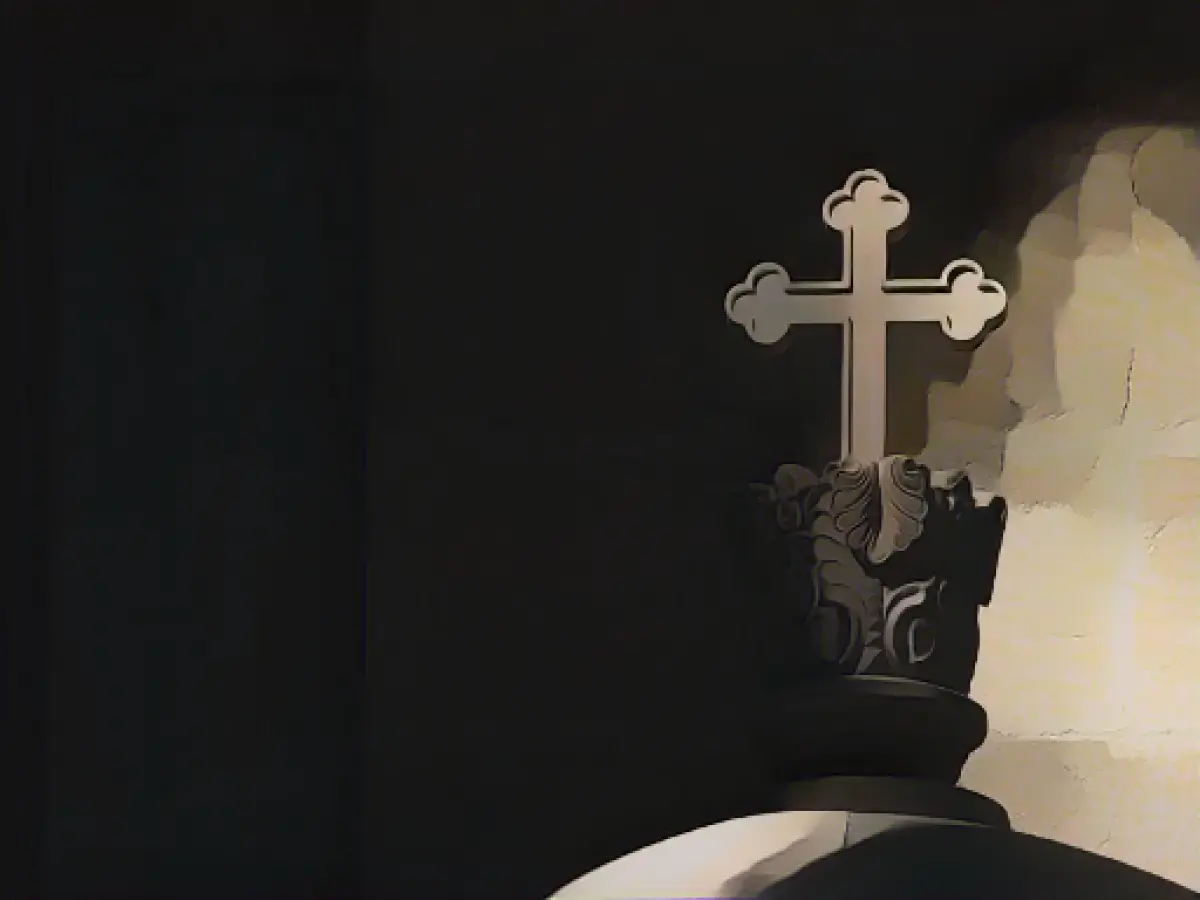Central Committee of Catholics Greenlights Reform Resolution
The Central Committee of German Catholics (ZdK), the powerhouse organization of over 20 million Catholic laypeople, is paving the way for future church reforms. In a majority vote during their plenary assembly in Berlin, the ZdK approved the statutes for the Synodal Committee on Saturday, according to a spokesperson [1].
This committee is a direct outcome of the "Synodal Path," a three-and-a-half-year collaboration between German Catholics, where they discussed matters such as shared decision-making, women's rights, diversity, and more. Towards the end of this journey, it was agreed that synodality (joint consultation and decision-making) would persist in the committee [2].
Bishops yet to approve
Although the ZdK has approved the working basis, the German Bishops' Conference must also pass a resolution to make it official. Berlin Archbishop Heiner Koch hailed the ZdK vote as a significant step, expressing gratitude for its inclusivity [1].
Over the subsequent three years, the Synodal Committee will endeavor to pinpoint the best means to amplify the voices of the faithful within the Catholic Church and allow for a more prominent role in church decisions. The committee's work will culminate in the establishment of a permanent Synodal Council, where laypeople can participate equitably [2].
Most German bishops support the initiative, despite some skepticism from Rome. The first committee meeting two weeks ago in Essen was attended by 23 out of 27 diocesan bishops. Four bishops opted to boycott the meeting. The new committee comprises 27 ZdK-elected delegates and 20 other representatives [3].
Abuse crisis drives reforms
The reform agenda was catalyzed by the church's abuse crisis, which has been a concern for over a decade. With the revelation of numerous instances of sexual abuse and misconduct by high-ranking church officials, the faith of many believers has been shaken [3].
During the ZdK meeting, attendees explored the idea that both clerics and laity sharing the blame for the systemic issue. ZdK Vice President Wolfgang Klose explained, "We must acknowledge that clergicalism, disregard for abuse, and cover-ups have been prevalent in parishes, councils, and associations for decades"[3]. Dealing with sexual abuse remains a key focus for the ZdK.
In conclusion, the Central Committee of German Catholics' approval of the Synodal Committee's statutes is a significant milestone in the church's reform process. The new committee will facilitate greater laity involvement in church decision-making, including providing tools to effectively hear the laity's voices and establishing a permanent synodal council. However, the German Bishops' Conference's approval is still required for operational implementation [1].
Sources:
[1] DPA (2022, June 4). Central Committee of Catholics adopts reform resolution. Retrieved from
[2] Central Committee of German Catholics. Retrieved from
[3] Deutschkatholische Kirche. Retrieved from
Enrichment Data:
- Implementation of Recommendations: The Synodal Path has led to significant recommendations, including gender diversity, blessings for same-gender couples, women in sacramental offices, and prevention of sexual violence. While these recommendations are important, their implementation is crucial for operational success.
- Increased Transparency and Accountability: The Synodal Path emphasizes the need for greater transparency and accountability within the Church. The German Bishops’ Conference has taken steps to remove perpetrators from their positions and ensure accountability in light of the abuse scandal.
- Lay Involvement: The Synodal Path has been instrumental in increasing laity involvement in Church decision-making processes. This is a significant step towards creating a more inclusive and participatory Church.
- LGBTQ+ Issues: The Synodal Path has addressed LGBTQ+ issues, including recommendations for blessings of same-gender couples and improvements in the relationship of the Church to the transgender community.
- Challenges and Criticisms: The German Bishops' Conference has faced internal disagreements and external criticisms, such as the controversy over the migration statement. The operational success of the Synodal Committee will depend on continued dialogue and cooperation among all stakeholders.








